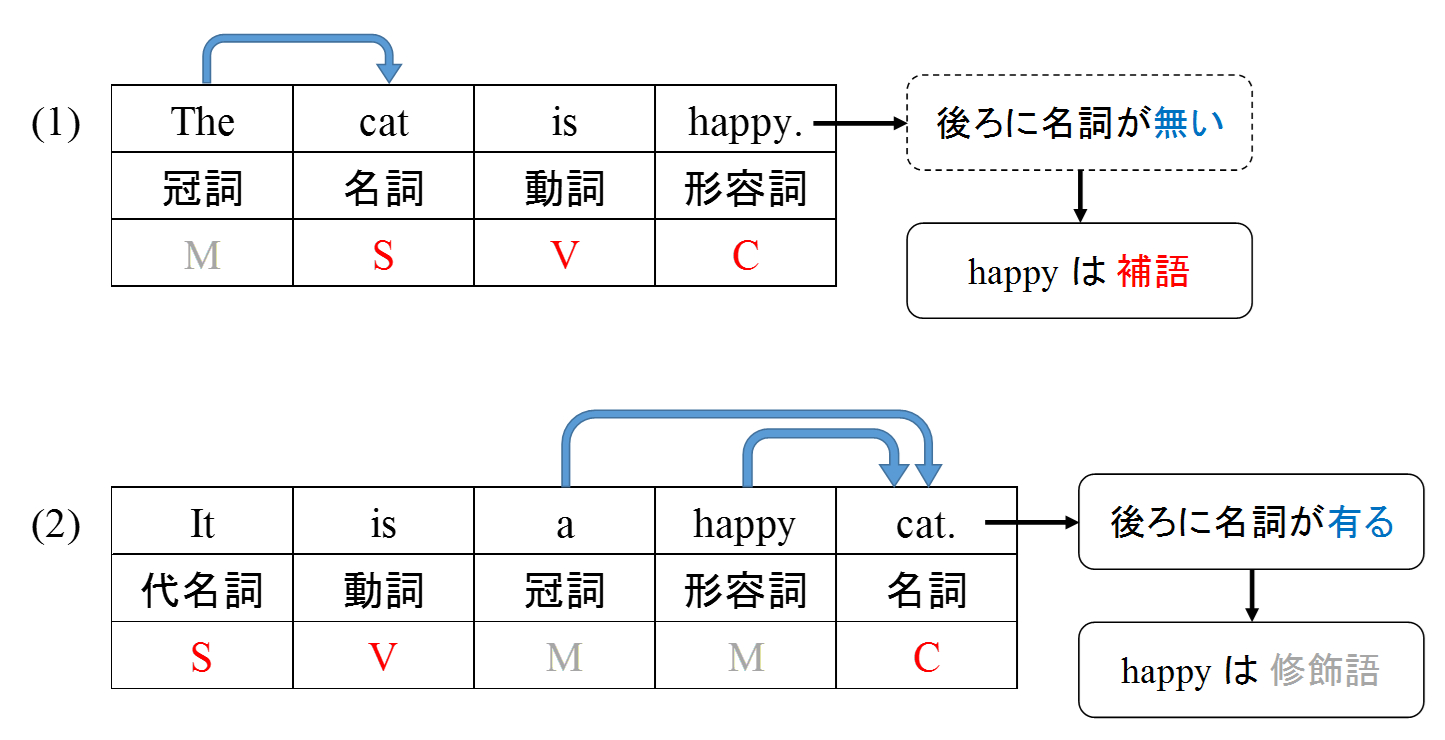6 中学生の Rie の家にホームステイしているアメリカ人の Sara が,日本の学校生活を1日体験しました。次の英文は,Rie と Sara がその日に交わした会話の一部です。これを読んで,後の (1), (2) の問いに答えなさい。
After lunch, Rie was talking to Sara.
Rie: Was *school lunch good? You ate everything.
Sara: Yes. I enjoyed it, but I have a question. [ A ]
Rie: Of course. In my school, we always eat school lunch here. [ B ]
Sara : Because I don't eat lunch in my classroom. In America, many students eat lunch in the school *cafeteria.
Rie: Oh, I didn't know that.
Sara: Now I want to go to the school library. Will you come with me?
Rie: Sorry, Sara. [ C ] We are going to clean our classroom.
Sara: Do we have to do it? Do students clean classrooms in Japan?
Rie: Yes. I have cleaned my classroom since I was in *elementary school.
Sara: Wow, that's interesting! In my school, *janitors clean all the classrooms, so students don't have to do it.
After they cleaned the classroom, Mr. Mori, Rie's *homeroom teacher, talked to them.
Mr. Mori: Thank you for cleaning the classroom with us, Sara.
Sara: You're welcome, Mr. Mori. Cleaning the classroom was very interesting. We did a lot of things together. For example, I carried desks with other students. It was a good experience for me.
Mr. Mori: [ D ] Cleaning the classroom is very important.
Rie: I think so, too. It is also important for us to work together because _________________________________________
(注)school lunch 給食 cafeteria 食堂
elementary school 小学校 janitor 学校の管理人
homeroom teacher 担任の先生
(1) [ A ] ~ [ D ] の部分に当てはまるものとして,次のア~エから最も適切なものを,それぞれ選びなさい。
A
ア Do you really think it is new?
イ Do you often want to go to America?
ウ Do you sometimes have class after lunch?
エ Do you always eat lunch in your classroom?
B
ア Why do you ask such a question?
イ Why did you eat lunch in your classroom?
ウ Why do you eat everything?
エ Why did you ask me about America?
[C]
ア We should go to the library.
イ We can't eat school lunch tomorrow.
ウ We should go to school every day.
エ We can't go there now.
[D]
ア That's too bad.
イ Don't worry about it.
ウ I'm glad to hear that.
エ Take care of yourself.
(2) _______ の部分に当てはまる英語を,本文の流れに合うように内容を考えて書きなさい。
以下解説です。
空所の前後の文から流れを予測して選択肢を選べばよいです。選択肢も紛らわしいものはありません。
Sara: Yes. I enjoyed it, but I have a question. [A]
(ええ。楽しんだけど,質問があるの。)
Rie: Of course. In my school, we always eat school lunch here. [B]
(もちろん。いつもここで給食を食べるよ。)
Sara: Because I don't eat lunch in my classroom. In America, many students eat lunch in the school cafeteria.
(私は教室で昼食をとったことがないから。アメリカでは食堂で昼食をとるわ。)
[A]
ア Do you really think it is new?
(ほんとうにそれが新しいと思うの?)
イ Do you often want to go to America?
(アメリカへはよく行くの?)
ウ Do you sometimes have class after lunch?
(昼食後に時々授業があるの?)
エ Do you always eat lunch in your classroom?
(いつも教室で昼食をとるの?)
サラの質問に対するリエの回答を手掛かりにします。リエは we always eat school lunch here(私たちはいつもここで昼食をとります)と答えているので,Do you always eat lunch in your classroom?(いつも教室で昼食をとるのですか。)が正解となります。質問文と回答文が多くのキーワード (always, eat, lunch) を共有していることもヒントです。
正解は エ。
[B]
ア Why do you ask such a question?
(どうしてそのような質問をするの?)
イ Why did you eat lunch in your classroom?
(どうして教室で昼食をとったの?)
ウ Why do you eat everything?
(どうして全部食べたの?)
エ Why did you ask me about America?
(どうしてアメリカについて聞いたの?)
前後の流れから,ア Why do you ask such a question?(どうしてそのような質問をするの。)が正解です。他の質問は,その後のサラの回答とつながりません。サラはアメリカでは食堂で昼食をとると回答しています。
Sara: Now I want to go to the school library. Will you come with me?
(図書室へ行きたい。一緒に来る?)
Rie: Sorry, Sara. [C] We are going to clean our classroom.
(ごめん,サラ。これから教室を掃除するのよ。)
[C]
ア We should go to the library.
(図書館へ行くべきね。)
イ We can't eat school lunch tomorrow.
(明日は給食を食べられない。)
ウ We should go to school every day.
(毎日学校へ行かなきゃ。)
エ We can't go there now.
(今はそこへ行けないの。)
リエはサラに図書館に行こうと誘われるが,掃除をしなければならないので,行けないことを伝えます。
正解は エ。
Sara: … It was a good experience for me.
(よい経験になりました。)
Mr. Mori: [D] Cleaning the classroom is very important.
(教室の掃除はとても大切です。)
Rie: I think so, too. It is also important for us to work together because _____(2)_____
(私もそう思います。一緒に作業をすることも大切だと思います。なぜなら・・・)
[D]
ア That's too bad.(それは残念。)
イ Don't worry about it.(気にしないで。)
ウ I'm glad to hear that.(それを聞いて嬉しいわ。)
エ Take care of yourself.(お大事に。)
サラは掃除がよい体験だったと言っているので,それを聞いた先生は嬉しかったはずです。
正解は ウ。
(2) 英作文
公式の回答例:we can learn how to help each other.
(お互いを助ける方法を学ぶことができます。)
work together(一緒に作業すること)が important(大切)な理由を考えます。
≪英作文のポイント≫
【1】難しい英文をつくる必要はありません。簡単な文で大丈夫です。
【2】綴り
普段から実際に書いて練習をして,正確な綴りで英文を書けるようにしましょう。綴りの間違いは減点対象です。
【3】文法
文法も明らかな間違いは減点されます。公式回答例で言えば,下記の様な部分を間違えないことです。
・can + 動詞の原形:~することができる
・how to + 動詞の原形:~の仕方
・help (人):(人) を助ける
・each other:お互い
【4】表現
教科書や過去問などから,使いましができそうなフレーズを蓄積しておきましょう。今回の公式回答例であれば下記のように覚えておくと有効です。
・can learn how to do: ~の仕方を学ぶことができる
【5】過去問
英作文は大切な得点源です。過去問の英作文問題は必ず解いておきましょう。過去問にはエッセンスが詰まっています。


